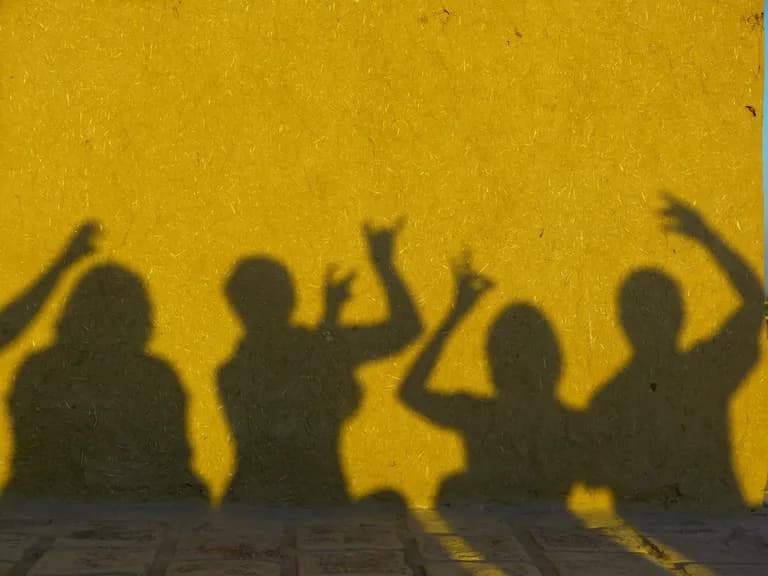According to the results of a new study, the key could lie in two of the most potent drivers of social bonding known in group psychology—shared ancestry and shared transformative experiences—albeit shared not only on the level of the tribe, the nation, or the religious community, but with humanity at large. To investigate whether globally shared experiences can strengthen social bonds on a global scale, the study focused on the common experience ofFirst author Lukas Reinhardt (Leader of the Global Cohesion Lab at the Centre for the Study of Social Cohesion [CSSC], University of Oxford) said, "Us-vs-them thinking is on the rise in many places all over the world, exacerbating conflicts and complicating finding solutions for pressing global problems. " In two studies involving more than a thousand US participants in total, the researchers investigated whether shared biology and shared experiences with people across the world can foster bonding with humanity at large and motivate prosocial action on a global scale. Furthermore, participants who watched the video felt stronger social bonds with individuals supporting an opposing political party, compared with the control group. The images differed in the degree of overlap between the two circles. humanity at large or the group of all the world's mothers. Participants had to choose the image that best represented their relationship with the group, with the images that had the greatest amount of overlap representing the strongest social bonds with the group. In each case, the strength of social bonds was measured using a series of images of two overlapping circles—one representing the participant and the other one a group, e. " He added, "Remembering that we are all related and all experience many of the same challenges in life could be the key to addressing a wide range of global problems, from intergroup conflicts to extreme poverty and the climate crisis. "
